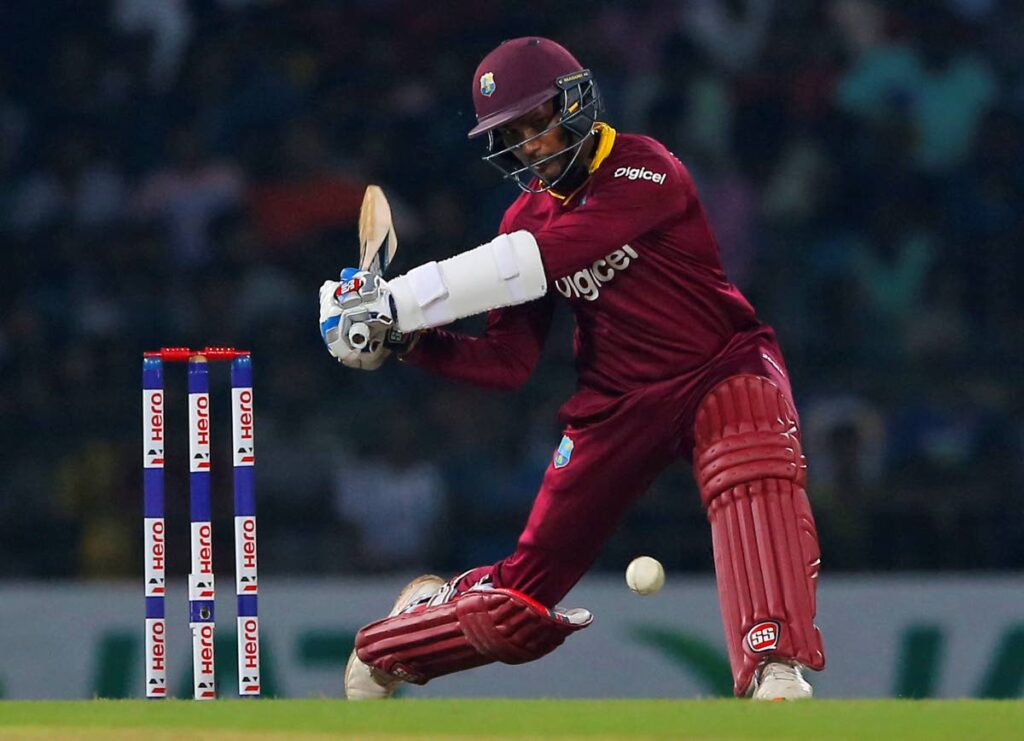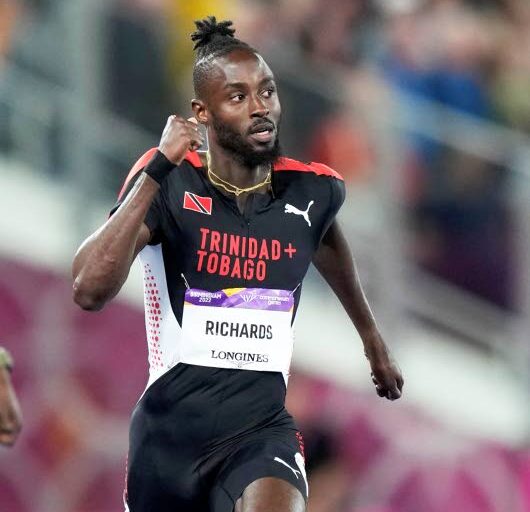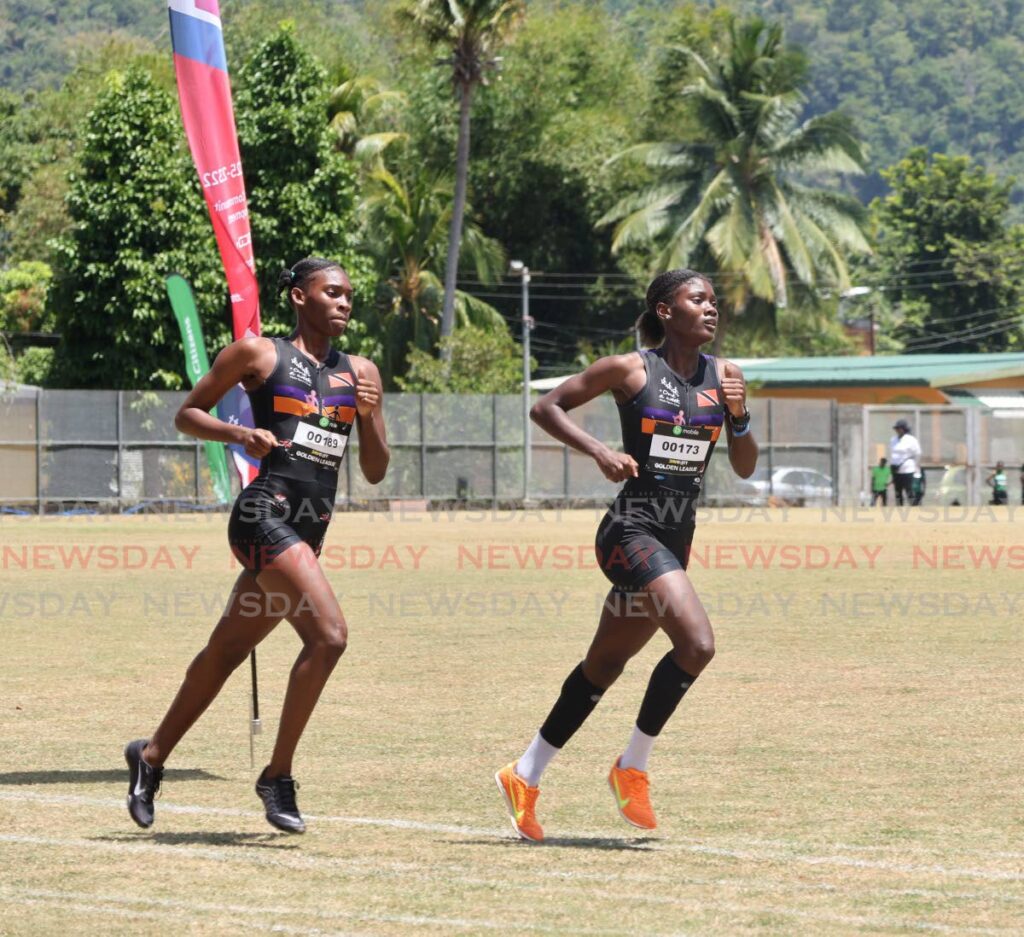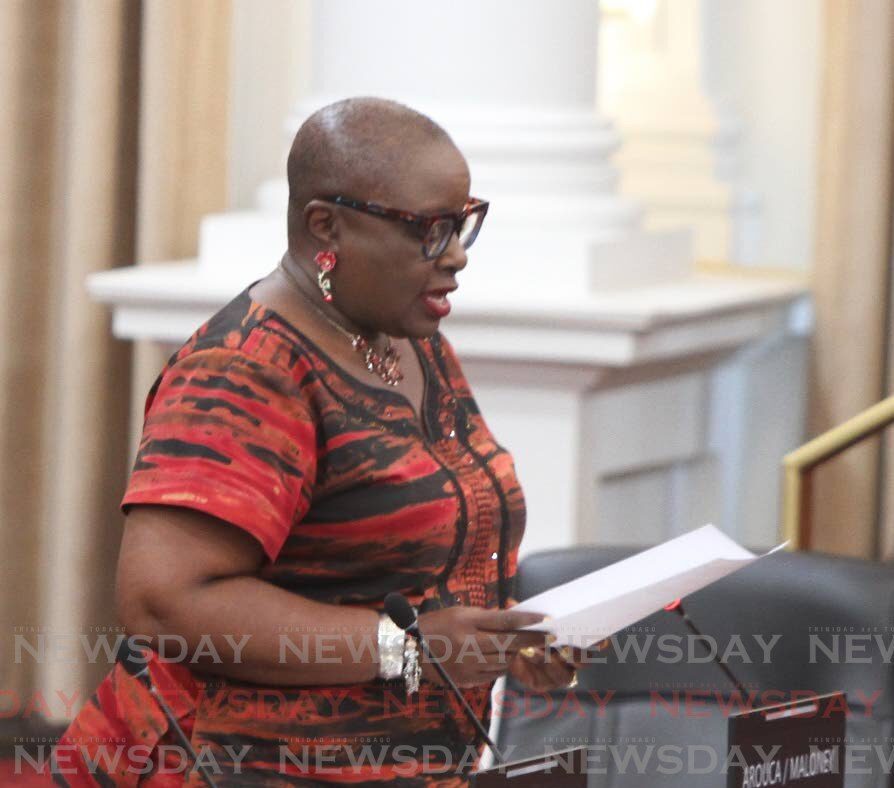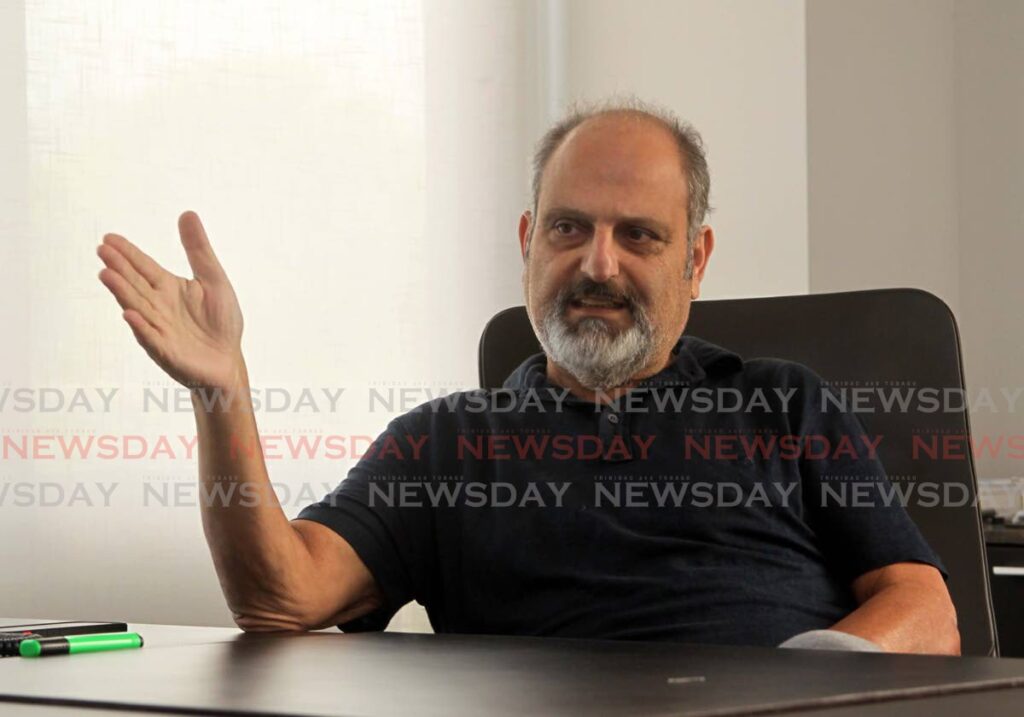PM: Caricom election observers to be invited
Written by Clint Chan Tack on December 9, 2024
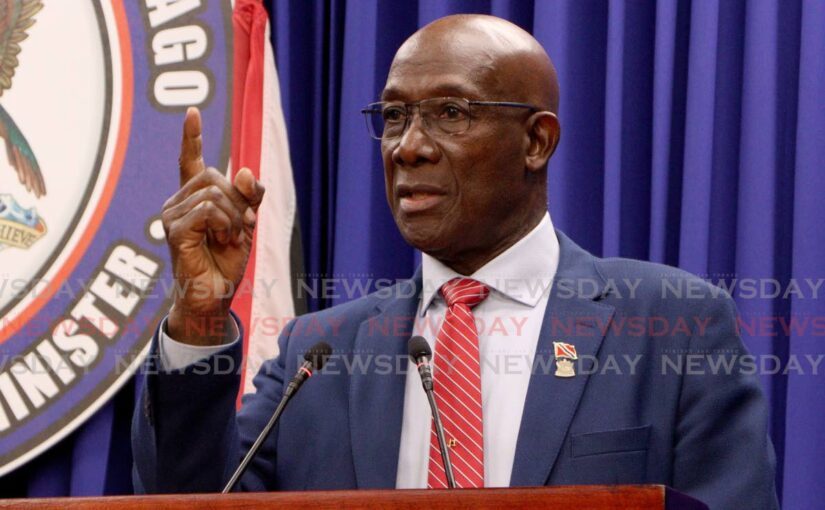
THE Prime Minister says Caricom will be invited to send observers to Trinidad and Tobago for the next general election.
Dr Rowley dismissed repeated claims by Opposition Leader Kamla Persad-Bissessar about the PNM’s trying to steal the election through recommendations by the Elections and Boundaries Commission (EBC) to change constituency boundaries.
Rowley claimed Persad-Bissessar had a fetish for losing elections and assured her another one is coming.
He also said there should be a conversation with the commission about how regularly the voters’ list was checked to ensure the validity of the names on it.
Rowley made these comments before the House of Representatives passed a motion to approve the Draft EBC Order 2024 on December 9.
The motion’s purpose was to approve an EBC report dated March 13, in which the commission reviewed the boundaries of all 41 parliamentary constituencies.
In accordance with Section 72 (1) of the Constitution, the Prime Minister is required to submit a draft order before the House which will implement the recommendations contained in this report, without modifications.
The report proposed changing the names of five constituencies.
The EBC also proposed boundary changes for 16 constituencies.
In the report the EBC said, “In Trinidad and in Tobago, respectively, the electorate in any constituency shall not be more than 110 per cent nor be less than 90 per cent of the total electorate of the island divided by the number of constituencies in that island.”
The report said the 1,095,080 population of Trinidad fitting into 39 constituencies would give an average of 28,079 people per constituency, equating to a permissible lower limit of 25,271 (90 per cent) and upper limit of 30,887 (110 per cent). To get the 52,163 residents of Tobago into two constituencies gives a constituency average of 26,082 people, with a permissible lower limit of 23,473 and upper limit of 28,690 people.
Changes to the boundaries of 16 constituencies arose from certain areas having too many or too few residents, based on these 90 per cent lower limits and 110 per cent upper limits.
As he concluded the very brief debate, which involved only Persad-Bissessar and himself, Rowley dealt with her call for election observers and claims the PNM was trying to rig the election in its favour through the changes in constituency boundaries recommended in the EBC’s report.
Persad-Bissessar called for election observers in September and wrote to Rowley, in the same month, to make that request.
He told MPs, “At the moment, I am waiting. I have already given the instruction. The draft is prepared. I have already indicated to the secretariat of Caricom that the government of Trinidad and Tobago is asking Caricom to send a delegation whenever the election takes place in TT.”
Rowley hoped Caricom would accept this invitation.
“I will sign it (the letter to invite Caricom observers). It is due to come to me any time now.”
He wondered why Persad-Bissessar was so eager for an election and observers.
“My colleague has called for elections nine times and lost all nine times.”
As government MPs thumped their desks, Rowley wondered how to describe someone “who likes licks.”
After hearing some comments from government MPs inaudible to , Rowley said, “That has to be some kind of fetish.”
Government MPs thumped their desks as Rowley gave Persad-Bissessar “the undertaking so that she could sleep well that in TT, elections will be called.”
He added he was not inviting any other observers other than Caricom.
“I don’t know who they are. But I certainly am going to ask Caricom, and I hope Caricom will find it necessary to send a delegation, because we have nothing to hide.”
He added that Persad-Bissessar was not familiar with principles and was cantankerous.
Rowley obeyed Speaker Bridgid Annisette-George’s instruction to withdraw those comments about Persad-Bissessar.
Annisette-George also directed Persad-Bissessar not to engage in running commentary while Rowley was speaking.
Rowley asked why Persad-Bissessar was claiming the report had “some subterfuge to it.”
He said, “It was all hooey. Let the record show there was never any issue with the report being laid here or being prepared by the EBC.”
Rowley also said her claims about constituencies being gerrymandered were false.
“UNC and other people feed that foolishness to the population.”
Rowley told MPs the lowest number of voters in any election was found in Chacachacare, in Diego Martin West which he has represented since January 1992.
He added that number is “0005.”
Starting from this point, Rowley continued, the first constituency going east which could experience any changes to its boundaries is Diego Martin West. He recalled that as its MP, he has seen its boundaries change on the east and the north.
“As you fill out Diego Martin West, you keep moving eastwards and the boundary changes are required to be made, between those constituencies, as you go, all the way around the country.”
Rowley said the UNC keeps misleading people about this.
He told Persad-Bissessar that while she is the incumbent Siparia MP, the constituency is not hers.
“It is a part of the description of a constituency and it is not made for you.”
Rowley acknowledged Persad-Bissessar’s observation that 80 per cent of the constituency of Siparia is not actually found in the geographical space of Siparia.
He said all the EBC’s report was recommending was to change the names of constituencies in instances where 80 per cent of its electorate spilled over into another place.
He said there was no elaborate process to change the name of any constituency, as alleged by Persad-Bissessar. He added all that needed to be done was to approve the motion which effects the name change recommended by the EBC.
Rowley asked Persad-Bissessar if she was implying that elected MPs do not have the power to do this.
The EBC, he said, is independent of the government and all political parties.
He added the only valid point Persad-Bissessar made was about the commission updating the voters’ list to remove the names of dead people.
He added that contrary to Persad-Bissessar’s claims, a census cannot be used to change a voters’ list because it only has numbers and not names of people.
The EBC had to physically search for individuals and put their names on the list.
“Somewhere in the proceedings, the EBC is taking the position that it is not taking names off the list because it is afraid of legal challenges.”
Again contrary to Persad-Bissessar’s claims, he continued, neither the cabinet nor the government is in possession of any list of people deleted from the EBC’s voter list.
But, he said, “We need to have serious conversation with the EBC on the whole question of how the list is cleaned up.”
He recalled the PNM filed a motion on this issue in 2000 and it was subsequently learnt that 100,000 people’s names had been removed from the list.
Rowley wondered if similar situations had happened since then but no one knew about it.
Proposed name changes:
Arouca/Maloney to Trincity/Maloney
D’Abadie/O’Meara to Malabar/Mausica
Lopinot/Bon Air West to Arouca/Lopinot
St Joseph to Aranguez/St Joseph
Pointe-a-Pierre to Claxton Bay.
Boundary changes:
Toco/Sangre Grande
Malabar/Mausica
Caroni Central
Cumuto/Manzanilla
Port of Spain North/St Ann’s West
Port of Spain South
San Fernando East
San Fernando West
Claxton Bay
La Horquetta/Talparo
Laventille East/Morvant
Laventille West
Oropouche East
Tabaquite
Arima
Trincity/Maloney
The post PM: Caricom election observers to be invited appeared first on Trinidad and Tobago Newsday.
